GX40 Ransomware Data Recovery

I think there's an issue with my storage device, but I'm not sure
Start a free evaluationGX40 is a type of malware that encrypts your files and demands a ransom for the decryption key. GX40 Ransomware typically spreads through phishing emails or malicious websites. Once it infected your computer, it will scan your hard drive for certain types of files and then encrypt them using a strong encryption algorithm. GX40 will then display a ransom note on your screen with instructions on how to pay the ransom and decrypt your files.
What encryption methods does GX40 Ransomware use?
This ransomware uses a strong encryption algorithm to encrypt your files. The exact algorithm used is unknown, but it likely uses AES-256 or RSA-2048 encryption. This type of encryption is very difficult to break, and there are no known decryption methods available at this time.
What types of files does GX40 encrypt?
GX40 Ransomware will typically target important user files, such as documents, pictures, videos, and databases. However, it can also encrypt other types of files, such as archives and executables.
How much is the ransom?
The amount of the ransom varies depending on the version of GX40 Ransomware, but it is typically around $500. You can pay the ransom in Bitcoin or another cryptocurrency.It is important to note that there is no guarantee that you will get your files back even if you pay the ransom.
Will GX40 Ransomware delete my files if I don’t pay the ransom?
It is unclear what GX40 Ransomware will do if you don’t pay the ransom. In some cases, ransomware will delete your files after a certain amount of time if you don’t pay the ransom. In other cases, it will keep your files encrypted but allow you to use them if you pay the ransom.
History
GX40 was first spotted in October 2016. We believe it to be a variant of the Locky Ransomware. GX40 has been active since then and is still being distributed today.
What was the biggest GX40 Ransomware attack?
The biggest GX40 Ransomware attack occurred in March 2017 and affected over 200,000 computers. Attackers distributed the ransomware through a phishing email campaign that used the subject line “Please print”. The email contained a malicious attachment that, when opened, would download and install GX40 on the victim’s computer.
Prevention
There is no guaranteed way to prevent GX40 Ransomware, but you can reduce your chances of getting infected by following these tips:- Keep your operating system and software up to date- Use a reputable antivirus program and keep it up to date- Be careful when opening email attachments, especially if they come from unknown senders- Do not download or open files from untrustworthy websites- Do not click on links in unsolicited emails or instant messages
What should you do?
If they infected you with GX40 Ransomware, the first thing you should do is disconnect your computer from the internet to prevent the ransomware from encrypting any more files. Then, you should scan your computer with a reputable anti-malware program to remove the ransomware and decrypt your files. Finally, you should restore your files from a backup if you have one.If you do not have a backup, you may be able to use a data recovery program to recover some of your files.
Is there a public decryption tool?
No, there is no public decryption tool available for GX40 Ransomware at this time. However, researchers may release a decryption tool in the future. You can try searching for a decryption tool on the internet, but be aware that there are many fake or malicious tools out there. Only download decryption tools from trusted sources.
Use a recovery software
You can always try data recovery software to restore your data. We built SalvageData data recovery software to help you.
Contact a data recovery service
If you cannot decrypt your files or if you do not have a backup, you can contact a data recovery service. Be aware that there are many fake data recovery services out there, so only use a reputable service.SalvageData is a reputable data recovery service that can help you recover your files. We have recovered data from GX40 and other ransomware variants. If you would like to start the data recovery process, please contact us and we will be happy to help.
How much does it cost?
The cost of data recovery depends on the severity of the infection and the amount of data to be recovered. In most cases, it costs around $500 to $2000.
What is the success rate?
SalvageData has a success rate of 96%. This means that we can recover data from GX40 Ransomware in most cases.
How long does it take?
The time it takes to recover your data depends on the severity of the infection and the amount of data to be recovered.
How to contact us?
You can contact us through our website or by emailing us at info@salvagedata.com.
Related services
These are the most commonly requested data recovery services. At our headquarters' cleanroom lab, our certified engineers conduct a thorough review of any type of physical storage device, determining if there is logical or physical damage and carefully restoring all of the lost files.ces.
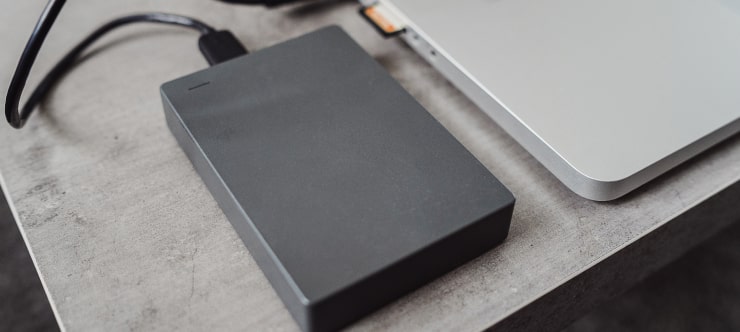
External Drive Data Recovery
We recover data from both external SSD and HDD drives. Rely on certified experts to restore your important files from damaged or corrupted external drives.
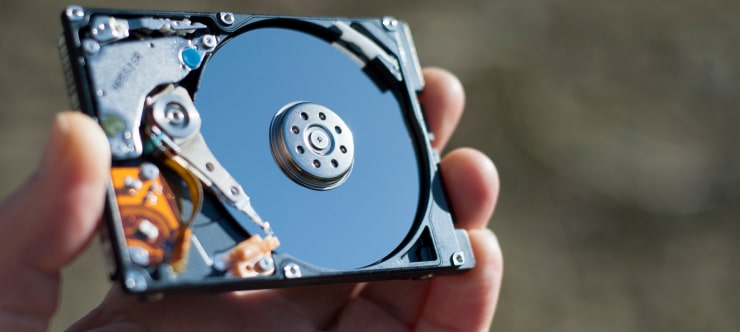
Hard Drive Data Recovery
Recover data from all brands of HDD, PC hard drives, and hybrid disks. Our specialists ensure fast and secure recovery for any data loss scenario.
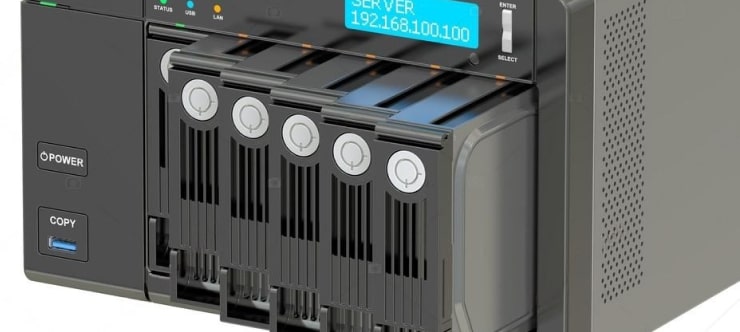
NAS Data Recovery
Recover data from NAS devices, including RAID configurations. Our team handles all types of NAS systems and ensures data recovery with minimal downtime.
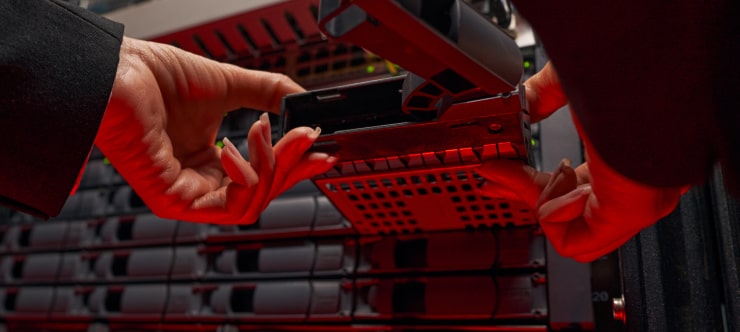
RAID Data Recovery
Our RAID data recovery services cover RAID 0, 1, 5, 10, and other configurations. We offer expert solutions for failed, degraded, or corrupted RAID arrays.
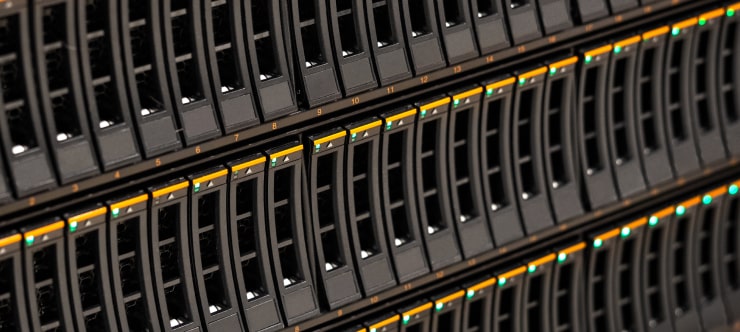
SAN Data Recovery
Our team specializes in handling SAN devices from leading manufacturers like Dell EMC, HP, and IBM, ensuring efficient recovery with minimal disruption to your operations.
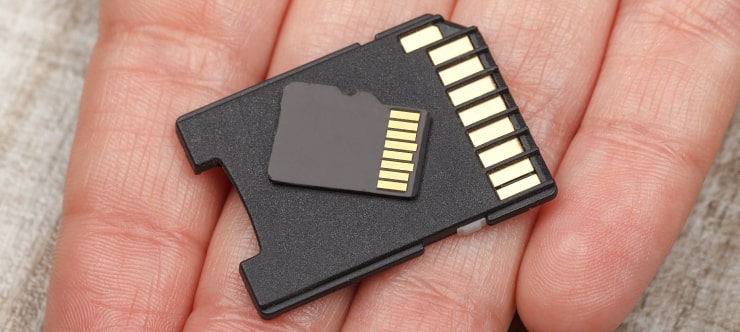
SD Card Data Recovery
Our recovery experts specialize in restoring data from SD and memory cards. We guarantee quick recovery with a no-data, no-charge policy.
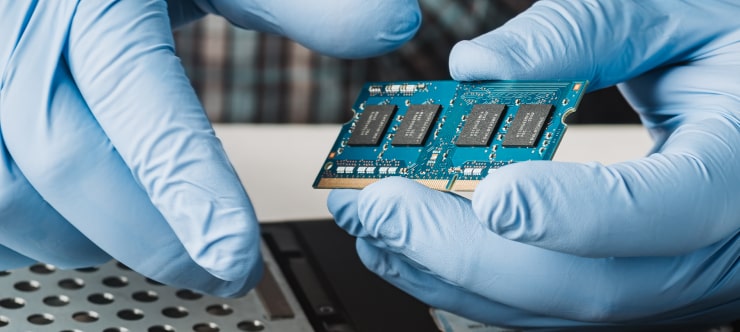
SSD Data Recovery
Our data recovery experts handle all SSD data loss scenarios with advanced tools, ensuring maximum recovery with high-security protocols.
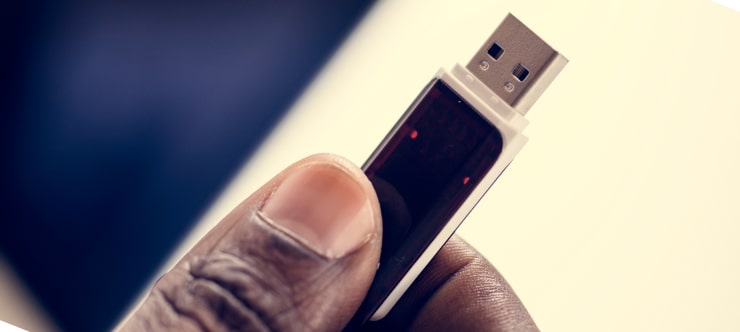
USB Flash Drive Data Recovery
Recover lost data from USB flash drives, regardless of the damage or brand. We offer free in-lab evaluations to assess data recovery needs.
If you’re unsure about which data recovery service to choose, let our team assist you in selecting the appropriate solutions. We understand the anxiety that comes with a sudden drive failure, and we are more prompt in our actions compared to other recovery service providers.



